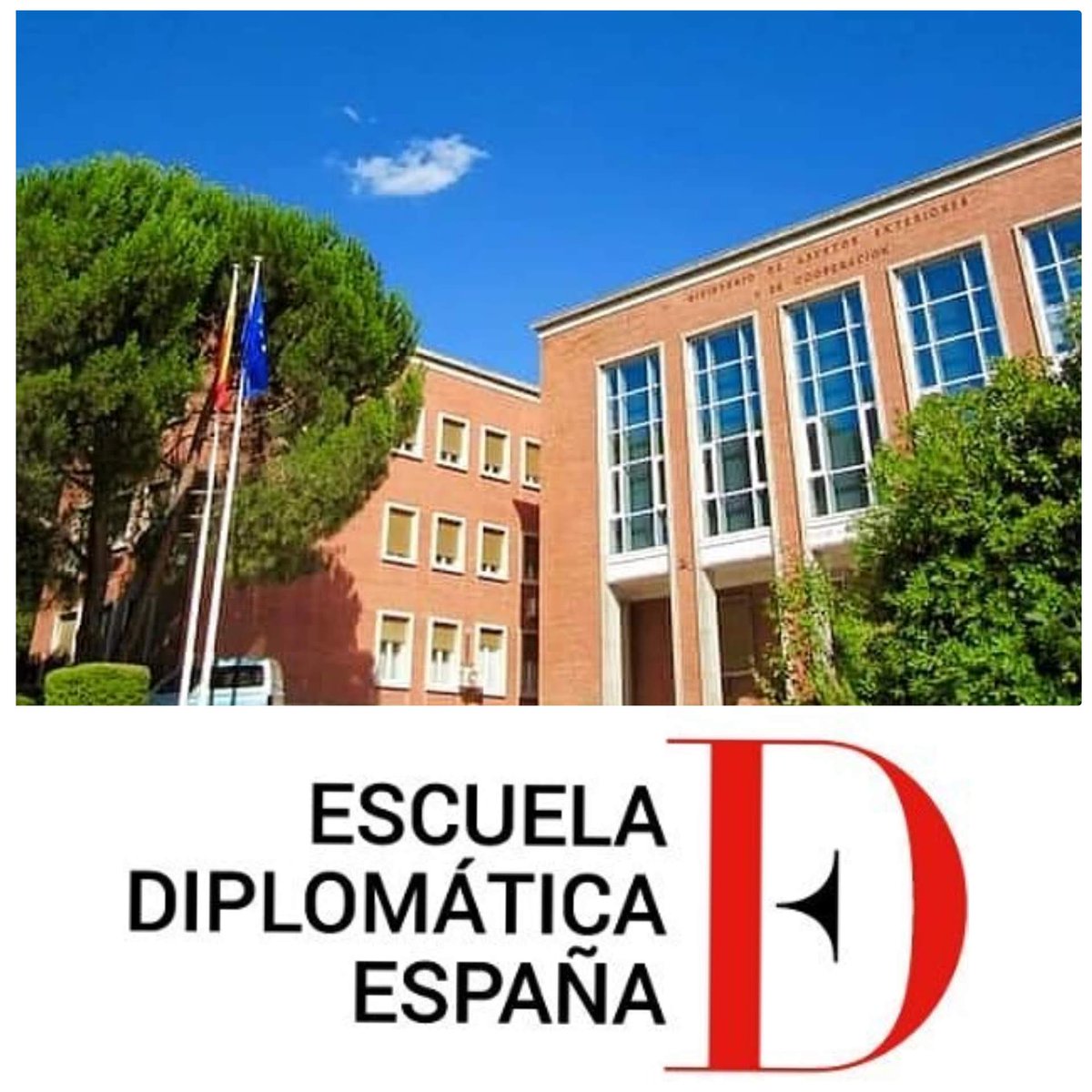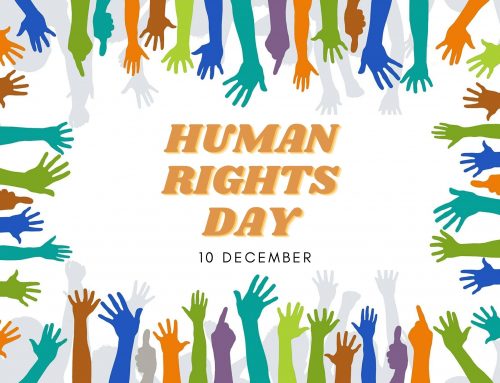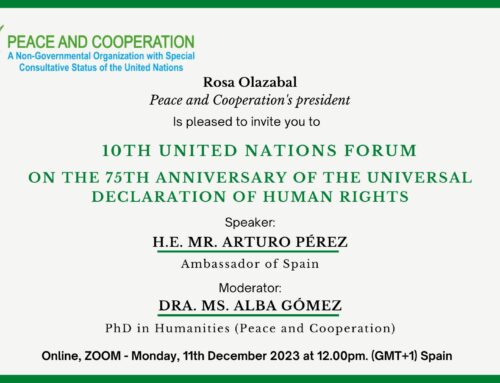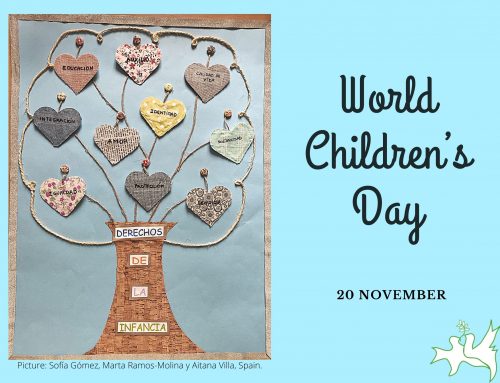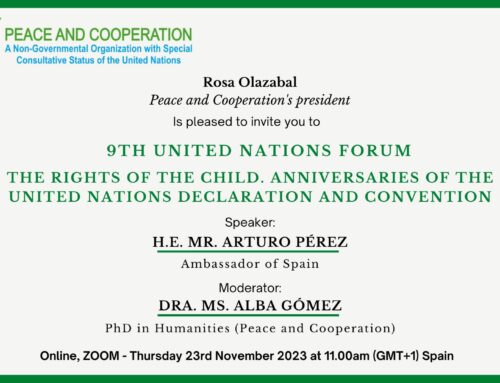The Diplomatic School presented the framed Foreign Action strategy 2021-2024 within cooperation to sustainable development. It was presented by the International Cooperation State Secretary, Ángeles Moreno Bau. Ana Belén Fernández, who is a deputy in the Congress for the Social Parliamentary group, and Carlos García Paret, in charge of Political Incidence in the ONG Coordination, were also present at the conference.
Cooperation to development is a key and cross-cutting element in the Foreign Action strategy. Ángeles Moreno highlighted that a great part of the cooperation work is in Africa, the Middle East and Latin American. Cooperation in the frame of the European Union, is another element of great importance, as it works in different fields such as sustainability, digital education or immigration.
The Foreign Action strategy also focuses on the social division in these countries, and its actions mainly focus on countries with totalitarian or autocratic regimes. Therefore, the role of Foreign Action has more importance in these countries, as it proposes a transformation and a fight against inequalities.
Sustainable development goals are another key point to be boosted by the Foreign Action Strategy. This strategy will also be preceded by the International Cooperation preliminary draft law that will deeply reshape the Spanish cooperation system.
Through the 2030 Agenda, sustainable development policies will be developed. In order to achieve this, reforms are also proposed so that the political frameworks align with the mechanisms that respond to these challenges. In short, a structuring according to the current targets. An example of this, as Carlos García mentioned, it is the Futuro en Común platform. Through this platform, advance in the different development blocks towards collaboration and joint work has been studied.
According to the Policy Coherence for Sustainable Development Index (PCSDI), Spain holds the 21st place out of the 143 countries present in the ranking. Despite this, it is necessary to improve cooperation policies. Cooperation is also important to represent the country, so society also plays an essential role in cooperation. Ana Belén Fernández remarked that the alignment of the cooperation which defends human rights, and the 2030 Agenda is essential. Other elements such as the ecological transition, promoting education, the development of local production, gender equality, humanitarian cooperation and private and public alliances are added to these targets.
Carolina Sánchez Caminal, Student Intern.
Peace and Cooperation

